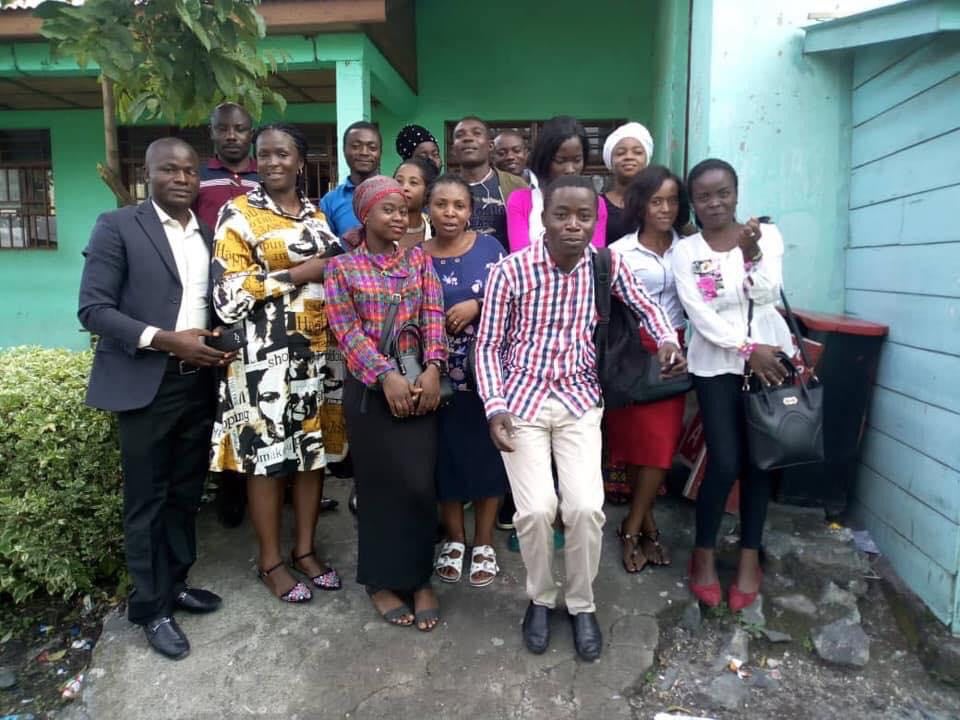
SELF-HELP AND RESILIENCE IN THE DEMOCRATIC REPUBLIC OF CONGO
I interviewed Bertin Kalimbiro from the Democratic Republic of Congo about his work in the Goma region to grow food safely and help people threatened
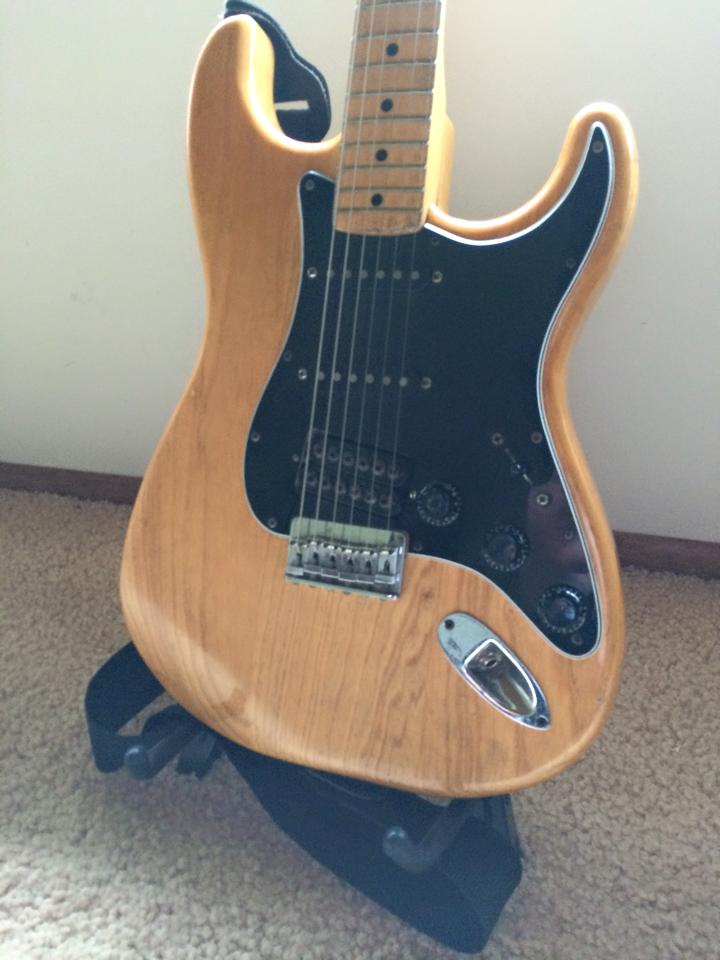
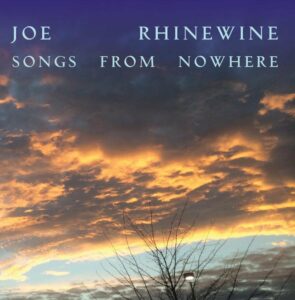 I interviewed virtuoso guitarist Joe Rhinewine about his driven, adventurous music. I wanted to find out where he got his musical ideas from and how much of his life experience as owner/psychologist at Portland Mindfulness has gone into his new CD ‘Songs from Nowhere’.
I interviewed virtuoso guitarist Joe Rhinewine about his driven, adventurous music. I wanted to find out where he got his musical ideas from and how much of his life experience as owner/psychologist at Portland Mindfulness has gone into his new CD ‘Songs from Nowhere’.
Leslie: How would you characterise your music?
Joe: Eclectic indie-prog? Labels are tricky. They’re more for marketing than anything else. I’m guessing that people who like what I like might like what I make. So if you like Brian Eno and King Crimson and Velvet Underground etc, perhaps you’ll like my stuff?
Leslie: What was the life-process that went into your present musical style? What were the high/low/turning points on the way?
Joe: My musical interests started at age two with Vivaldi and Beethoven. At age five I was obsessed with the album ‘Tommy’ by The Who. I do mean ‘obsessed’, my mom threatened to take the LP away from me because I was up at night worrying about what it meant. My sister is 12 years older than me and was trying to explain it to me which only sent my little head spinning. The sounds pulled me in and riveted me, as did the graphics inside the fold-out cover and the extra insert art. I was intrigued by the whole thing, including the ‘Acid Queen’ and Tommy’s journey through the ‘looking glass’ as it were. Later I took my own journeys that were very influential in my life and led to much suffering as well as insights, as when at 14 I tried to emulate Tommy’s transformative process through chemical experimentation. That did not last in terms of my substance use, but the after-effects did and sent me into therapy on and off for years, leading both to my profession of psychology as well as my spiritual practice of Buddhism.
So after Tommy, I got into Kiss, perfectly good for a 6-year old. After that, The Beatles and The Who. By 10 I was into Pink Floyd, a love affair of 4 years or so. At around 13 I began branching out — Emerson, Lake and Palmer, King Crimson, Yes, Jethro Tull, all the ‘prog’ bands as well as ‘classic rock’, Led Zeppelin, the hippie bands like Jefferson Airplane, you name it really, as long as it wasn’t the contemporary 80s music which I generally hated at the time.
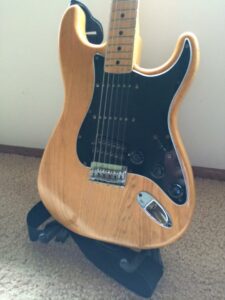 At 13 I also started playing guitar. I first took lessons in classical guitar, and then switched to rock and jazz within a couple of years. By 15 I was getting pretty good and was in a couple of bands and thinking of going professional. Jazz eluded me but I had a facility for blues-rock and was thinking of going to Berklee school of music in Boston. At 16 I read an article in Guitar magazine that had Robert Fripp on the cover and in the feature article he mentioned that he had a week-long workshop in West Virginia in which he taught guitar and some form of yoga. I was dying to go and my parents said yes… I sent away for the materials and applied, failing to read the fine print which specified that you had to be 21 or older. I was turned down on this basis. We called and asked for an exception, stating that my parents were ok with it. They said they’d ask Robert and he said “no”. Like a good 16-year-old I gave up on that and moved on. I also let others talk me out of going to Berklee, and basically chickened out of the path of the musician altogether. Truth is I was frightened and didn’t think I was talented enough. Plus I was distracted by other interests–languages, for one. I ended up majoring in Chinese, which was pretty interesting and I lived in China for a while in college. I did get to do Fripp’s workshop luckily, in 2014. It was worth the 28-year wait. One of his students inspired me to set a deadline for recording my first CD.
At 13 I also started playing guitar. I first took lessons in classical guitar, and then switched to rock and jazz within a couple of years. By 15 I was getting pretty good and was in a couple of bands and thinking of going professional. Jazz eluded me but I had a facility for blues-rock and was thinking of going to Berklee school of music in Boston. At 16 I read an article in Guitar magazine that had Robert Fripp on the cover and in the feature article he mentioned that he had a week-long workshop in West Virginia in which he taught guitar and some form of yoga. I was dying to go and my parents said yes… I sent away for the materials and applied, failing to read the fine print which specified that you had to be 21 or older. I was turned down on this basis. We called and asked for an exception, stating that my parents were ok with it. They said they’d ask Robert and he said “no”. Like a good 16-year-old I gave up on that and moved on. I also let others talk me out of going to Berklee, and basically chickened out of the path of the musician altogether. Truth is I was frightened and didn’t think I was talented enough. Plus I was distracted by other interests–languages, for one. I ended up majoring in Chinese, which was pretty interesting and I lived in China for a while in college. I did get to do Fripp’s workshop luckily, in 2014. It was worth the 28-year wait. One of his students inspired me to set a deadline for recording my first CD.
Leslie: In your blog about fame you write about admiring people because ‘they produced works of excellence that improved my life’. What is your personal idea of excellence in music?
Joe: To me excellence in music is a direct function of the music’s impact on my state of mind. To the extent that it influences my emotions and thought processes, it’s good. This is especially so if I LIKE what that influence is. So, music I dislike may make me feel kind of ill and make me want to go into another room. That’s something I suppose, but not what I mean by excellence. Excellence draws me in. In fact, it draws me in deeper and deeper until I have entered another world. Brian Eno understands this best I think, and titled one of his best works ‘Another Green World’.
Leslie: Who are you major musical influences? Why them?
Joe: Obviously based on what I just said, Brian Eno is one of my major influences. With little technical skill, he was able to create “other worlds” sonically, and at a time without much of the electronic gadgetry we now have. Doing a lot with a little is one of my ideals. Lou Reed is another who did similar things, perhaps to an even greater extent in that he did even less musically to create distinct emotional atmospheres. On the other end of the spectrum I also admire people with great technical skills who do wonderful things with those skills such as Robert Fripp and Frank Zappa. Those two, so very different in character, share in common a willingness to shatter formulae and use their instruments in unconventional ways, combine sounds in unique ways, create new styles and new concepts. They both understand what Zappa called ‘Conceptual Continuity,’ the power of underlying unities within and across bodies of work. And they both created (or in Fripp’s case, continues to create) very, very beautiful work. Zappa also infused his music with biting satire which I enjoy.
Leslie: Would you like to expand on the statement on your Facebook page: ‘most of my influences are English… and there are Scottish influences in there too, under the surface’?
 Joe: I have a great admiration for Scotland and have long been an enthusiast of Scottish as well as Irish music. Further, my wife is 3/4 Scottish, her ‘people’ being from Aberdeen. After our honeymoon in the Outer Hebrides I set about learning Scottish Gaelic, being something of a language geek. When I went to her family’s reunion they admired the intensity of my interest in their culture and perhaps also thought me a bit daft. In any case, the rhythms of Scottish music end up in my playing without my deliberately trying to put them there. I love the trochee in Scottish poetry and song, the ‘BA-tum’ rhythmic figure. Think of the word ‘heather’ in the song ‘Wild Mountain Thyme‘, when they say ‘all along the bloomin’ HEATHer’. It’s kind of a signature of Scottish music. I hear it in retrospect in my solos and melodies, for example the recurring figure in ‘I Am the Spirit’. It’s also David Gilmour’s work (for example, ‘On The Turning Away’), which has also influenced me, having been a huge Floyd freak back when and still today.
Joe: I have a great admiration for Scotland and have long been an enthusiast of Scottish as well as Irish music. Further, my wife is 3/4 Scottish, her ‘people’ being from Aberdeen. After our honeymoon in the Outer Hebrides I set about learning Scottish Gaelic, being something of a language geek. When I went to her family’s reunion they admired the intensity of my interest in their culture and perhaps also thought me a bit daft. In any case, the rhythms of Scottish music end up in my playing without my deliberately trying to put them there. I love the trochee in Scottish poetry and song, the ‘BA-tum’ rhythmic figure. Think of the word ‘heather’ in the song ‘Wild Mountain Thyme‘, when they say ‘all along the bloomin’ HEATHer’. It’s kind of a signature of Scottish music. I hear it in retrospect in my solos and melodies, for example the recurring figure in ‘I Am the Spirit’. It’s also David Gilmour’s work (for example, ‘On The Turning Away’), which has also influenced me, having been a huge Floyd freak back when and still today.
Leslie: What are the connections between your philosophic/meditational/psychological work and your music?
Joe: What I want for others is the same as what I want for myself: to appreciate the ordinary and awaken in this moment, Now, Here. Hence, ‘Songs From NowHere’. I was going to call it ‘Songs From Noplace’ but Sean suggested ‘Songs from Nowhere’ as it could be a pun with ‘NowHere’ and I thought that was dead on. The songs are structured so as to be Now, Here. They are droney and unitary in structure; they don’t move anywhere. Some people don’t like that, but I am fine with it. Songs do not need a ‘bridge’ to placate us. We can be ok with the sameness of a song without a bridge, even 5 songs, many songs, that have no bridge. We can enter a groove and be okay. We can be here and not be pandered to with constant changes in levels of tension. There are cultures in which 20 minutes of music does not have to feature such titillation.
Beyond the structural aspects reflecting mindfulness, my lyrics sometimes explicitly deal with themes of identity and mindfulness philosophy, as in ‘Two Mirrors’, which is about the problem we encounter when we meditate. There is an observer and that-which-we-observe, or so it would appear. But that’s just what our mind does, how we analyze everything. Do those things really exist? And what happens to our life when everything gets cut up into observer-and-observed?
Leslie: There are elements of humour, craziness and rebelliousness in your thinking. Can you describe where they come from and how you channel them into your music?
Joe: I kind of never grew up, on a certain level. I share this, I think, with Zappa. I like to make fun, in every sense of the expression. I don’t like to take things too seriously. I like to laugh and have a good time with people. I love to make people laugh. I also like to make people think. I like to provoke people to an extent. I don’t like to hurt people’s feelings though. I suppose in that sense I’m different from Zappa, who didn’t seem to mind doing so, or maybe to even relish it. I’m willing to hurt feelings to a limited extent if it helps people, but I don’t want to do so and am ready to soothe or comfort, or even apologize when appropriate.
Leslie: ‘Songs from Nowhere’ is your latest CD. Can you describe how you wrote the songs, their different qualities and the ups and downs of making such a wonderfully varied CD?
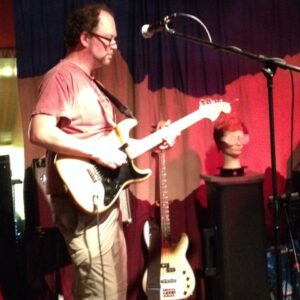
Joe: As a father of 2 young children and a full-time psychologist running my own practice, I’m extremely busy. I don’t have much time to write music. So I have to cut corners in a big way. These songs were written in large part in my car while driving, after listening to music. I’d come up with basic ideas and hum them into my cellphone. Then I’d bring the ideas into the studio and flesh them out with my engineer Sean Flora, who is wonderful with both engineering and support in project completion. The process was completely organic because I had no time for it to be calculated. I could not produce pieces of complexity, I could not make the CD ‘proggy’ in the sense of ornate, written parts. It had to be basic in structure and layered, featuring much improvisation. Sean did a great deal to make it sound good. I gave him direction in terms of what I wanted and he often made things happen as if by magic. I owe a great deal to his expertise in engineering. This will make the songs extremely difficult to perform live! I would tell him I wanted a certain kind of sound, maybe play him something from David Bowie or Brian Eno and say “Make it sound like that” and he would make it so. Other times Sean would spur me to write a bit more, to create a bit more structure, or maybe to take the song more seriously and add more substance.
What’s nice is that I am free from the need to make money in my music because I’m a successful psychologist. So I can just make whatever I want musically. Ironically, what I wanted at 16, I can do now at 46 without any pressure except that of time. If I’m lucky, I’ll live long enough to get around to doing all the music that I’m capable of expressing.
Leslie: Why do you write and perform music?
Joe: Because nothing could be more satisfying. Because as Frank Zappa said, “Music is the best.”
ABOUT LESLIE TATE’S BOOKS:

I interviewed Bertin Kalimbiro from the Democratic Republic of Congo about his work in the Goma region to grow food safely and help people threatened

I interviewed computer expert and sustainability campaigner Dr Erlijn van Genuchten, who writes easy-to-understand books based on science full of practical suggestions for planet-friendly living.
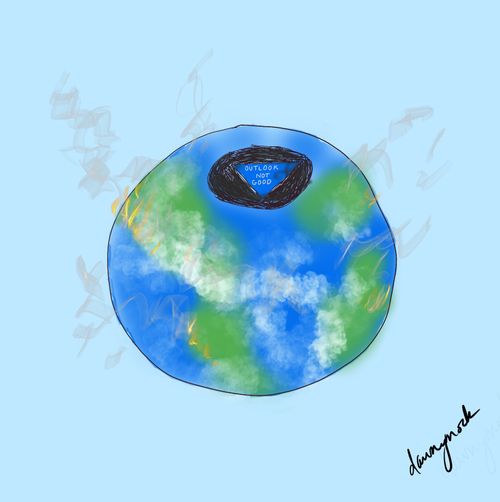
I interviewed Canadian cartoonist Dawn Mockler about how she works on cartoons that might be environmental or wordless but always witty – especially her famous
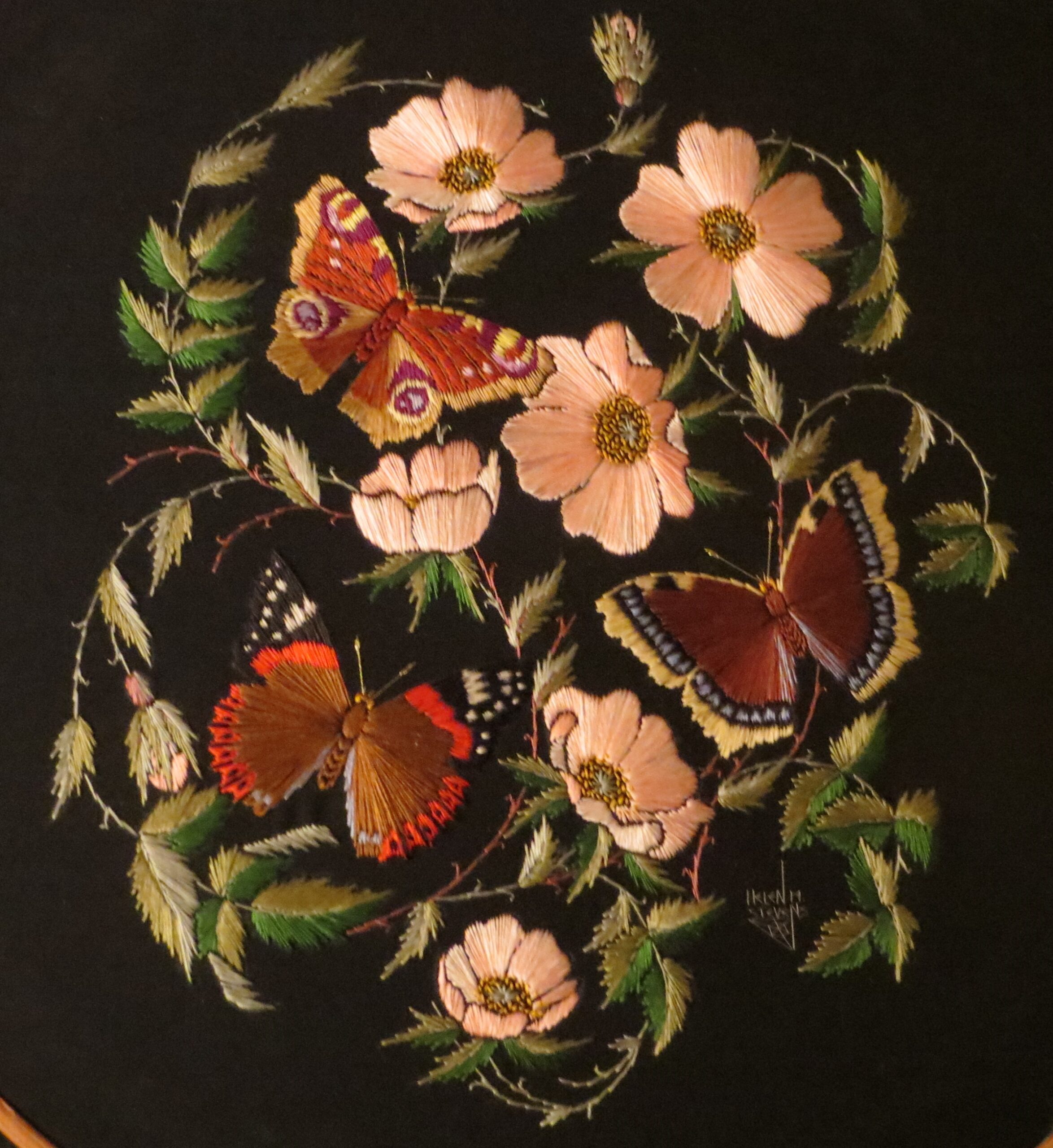
I inteviewed Helen M Stevens about how she has revived the art of embroidery, creating original contemporary patterns while studying and drawing on, “One of
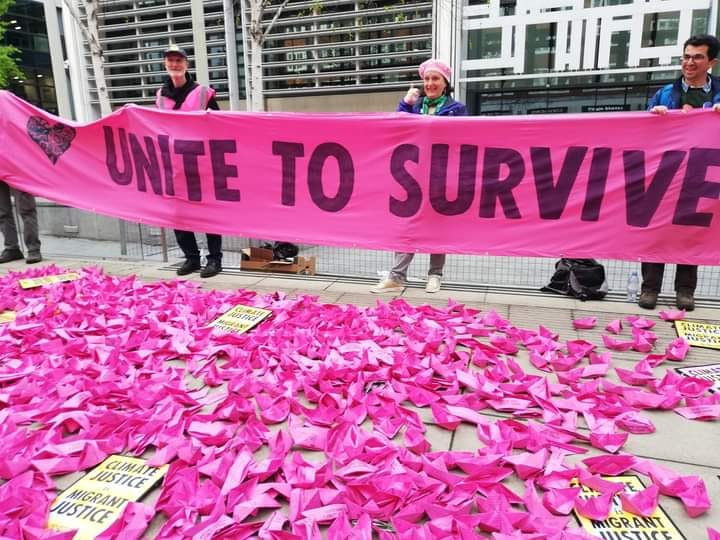
I interviewed Councillor Rachel Smith-Lyte about the origins of her passion for nature and her environmental activism. Rachel tells the story of her teaching (and
| Cookie | Duration | Description |
|---|---|---|
| cookielawinfo-checkbox-analytics | 11 months | This cookie is set by GDPR Cookie Consent plugin. The cookie is used to store the user consent for the cookies in the category "Analytics". |
| cookielawinfo-checkbox-functional | 11 months | The cookie is set by GDPR cookie consent to record the user consent for the cookies in the category "Functional". |
| cookielawinfo-checkbox-necessary | 11 months | This cookie is set by GDPR Cookie Consent plugin. The cookies is used to store the user consent for the cookies in the category "Necessary". |
| cookielawinfo-checkbox-others | 11 months | This cookie is set by GDPR Cookie Consent plugin. The cookie is used to store the user consent for the cookies in the category "Other. |
| cookielawinfo-checkbox-performance | 11 months | This cookie is set by GDPR Cookie Consent plugin. The cookie is used to store the user consent for the cookies in the category "Performance". |
| viewed_cookie_policy | 11 months | The cookie is set by the GDPR Cookie Consent plugin and is used to store whether or not user has consented to the use of cookies. It does not store any personal data. |